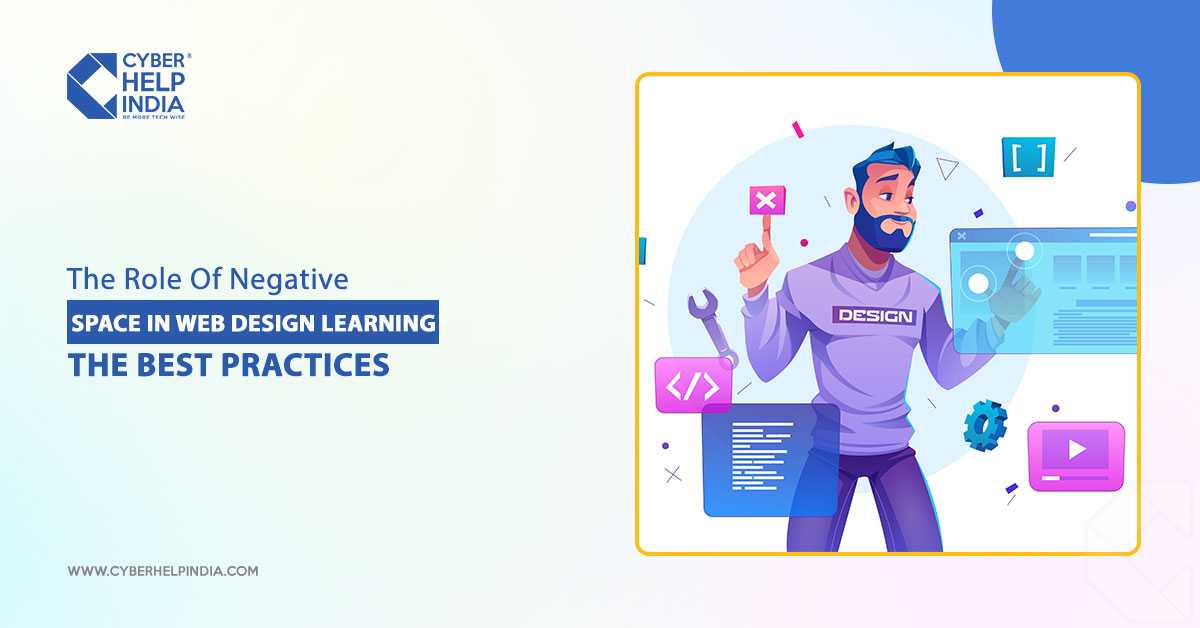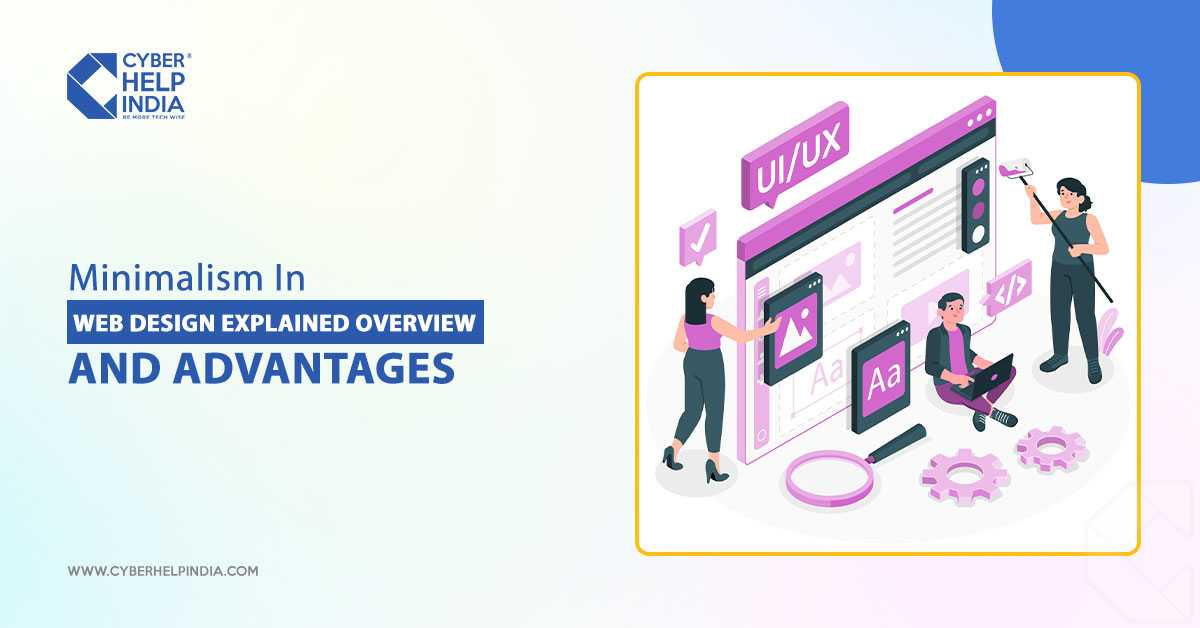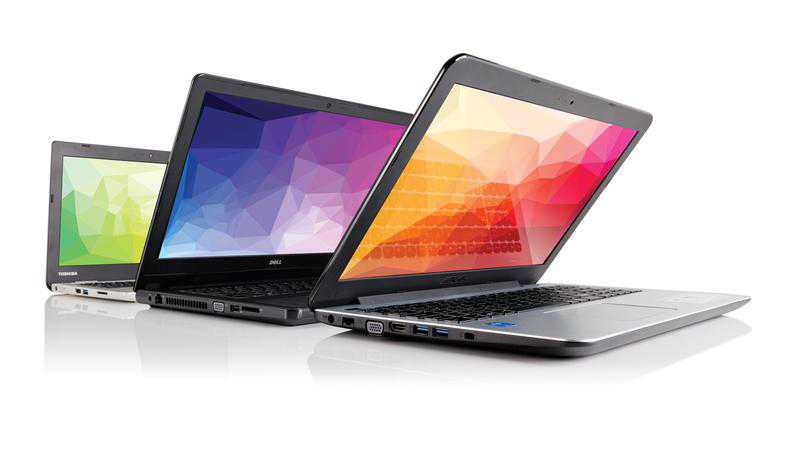
We all have a laptop, or need one, at some point in life. Unfortunately, buying a laptop has become more complex than it should be, thanks to the gazillion number of laptops that companies have in the market. Big companies like HP, Dell and Lenovo sell hundreds of different kind of laptops. Out of these which one is right for you? While it’s tricky to give outright recommendations because each user has different set of requirements, we can tell you about some broad guidelines that you should keep in mind while buying a laptop.
Always go for a better screen
Always get a laptop that gives you the best screen in a particular price point. And we say better, we mean three things: resolution, panel type and size. Ideally, your laptop should have an IPS display if you are spending more than Rs 40,000 on the laptop. The exception to this rule is the Apple MacBook Air because it is so better in other aspects. Next you should look for the resolution. Go for a laptop that has higher-resolution screen among its peers. For example, at a price of around Rs 40,000 it is now possible to buy laptops with FullHD screens. Finally, the size. If you want portability, go for a laptop with smaller screen. If you are going to watch a lot of movies, go with a laptop that has a bigger screen.
Weight matters
If you are looking for a laptop that is mostly going to be used at home, anything is fine. But if you want portability and going to carry the laptop in a backpack most of the time, go for something that is lighter. For work laptop, stick to a machine that has a screen size of 14 inches or less.
More RAM is better
For a decent experience, 4GB RAM is absolute minimum. But 8GB is recommended. If you are going to do a lot of video and photo editing, consider buying a laptop with 16GB RAM. Even if you are looking for a laptop in a more affordable category, always consider the machine that has more RAM compared to others.
Look for SSD or SSD cache
Laptops with an SSD or SSD cache (even if it is 8GB or 16GB) are faster and more response. If you budget permits prioritise these laptops even if it means getting a smaller hard-disk, so for example 500GB instead of 750GB.
Older processors are fine
Here is how it works: Core i series processors are better. Even if they are one generation old, they are better than latest generation Pentiums so if at the same price you have to choose between two, go with the Core i. Similarly, the Pentium is better than Atom in performance, and even if the Pentium belongs to a generation that is two years old, it is fine to opt for it.
Video RAM is not important
If you are looking to buy a gaming laptop, always take special care when it comes to the graphics card. The amount of graphics RAM is not important. But the graphics card model is. So GTX is better than GTS. and GTS is better than GT in the world of Nvidia. On AMD side, higher number in the graphics card means better performance even if the amount of video RAM is lower.
A few more pro tips
— In general, bigger trackpad and smoother trackpad is better
— If you are tech savvy, you can get a laptop with DOS. You can always install the Windows 10 Insider Preview through an ISO file. The Insider Preview is fully-featured, fully-functional version of Windows 10. This way you will save money as well as avoid the crap that laptop sellers install on their computers.
— Unless you absolutely need it, a laptop without DVD drive is perfectly fine. DVD drive is, anyways, a technology that is dying.
— More number of cells means better battery life, although it also depends a lot on the other components in a laptop.
— Ideally, go for a laptop that feels durable in hands and less plasticky, although budget plays a big role.





